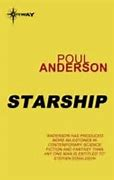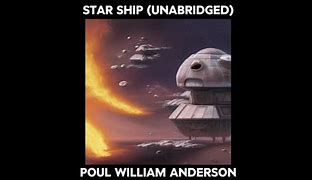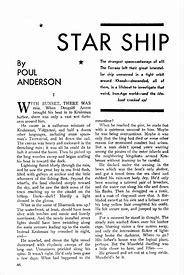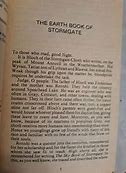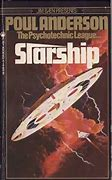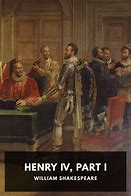A very long time ago, I read a fanzine article by Sandra Miesel about Poul Anderson's many future history series. I remember only two points.
Miesel described the Technic History in which the Terran Empire rises and falls, a process that takes about a thousand years. (Without the hyperdrive, a single millennium would have been a very short time on an interstellar scale.)
Miesel referred to another future history series in which the characters swore by Cosmos. Is this the Psychotechnic History? The Chronology of the Future dates the beginnings of the Cosmic Religion to 2130 although we are told nothing about this religion. (By contrast, we learn something about Cosmenosis in the Technic History.)
Remembering the time spent wandering through space in the Traveler, in which he was born, Thorkild Erling reflects:
"...before Cosmos, I had loved every minute of it!"
-Poul Anderson, "Gypsy" IN Anderson, The Complete Psychotechnic League, Volume 2 (Riverdale, NY, February 2018), pp. 255-270 AT p. 262.
When conversing with his wife, he exclaims:
"'...good Cosmos, Alanna!'"
-ibid., p. 263.
In another isolated community on another planet later in the Psychotechnic History, Masefield Ellen exclaims:
"'Oh - oh Cosmos, no!'"
-Poul Anderson, "Star Ship" IN Volume 2, pp. 273-306 AT p. 300.
(Small details like naming conventions and swear words indicate a common timeline.)
Sandra Miesel's sign-off italicized passage in Volume 2 concludes:
"The Cosmos and the life it sheltered held challenges both unpredictable and inexhaustible." (p. 307)
The capital initial suggests that maybe this "Cosmos" is not just the universe or the cosmos but the subject of the Cosmic religion. We will look out for any further references in Volume 3.
Meanwhile, we are free to imagine anything about the Cosmic religion! I suggest that the empirical universe and the object of numinous or mystical experience are a single reality differently perceived. See
here.
